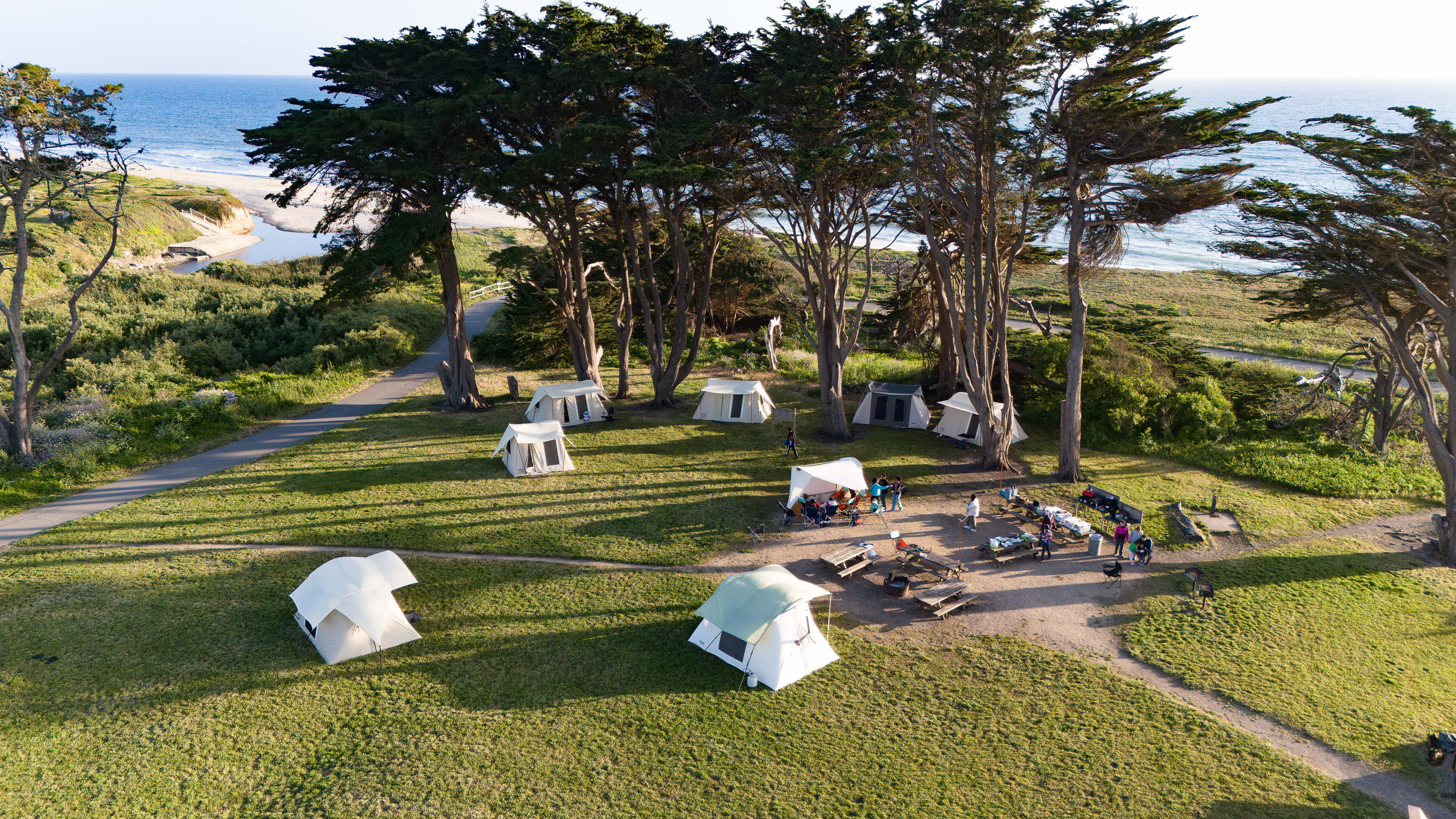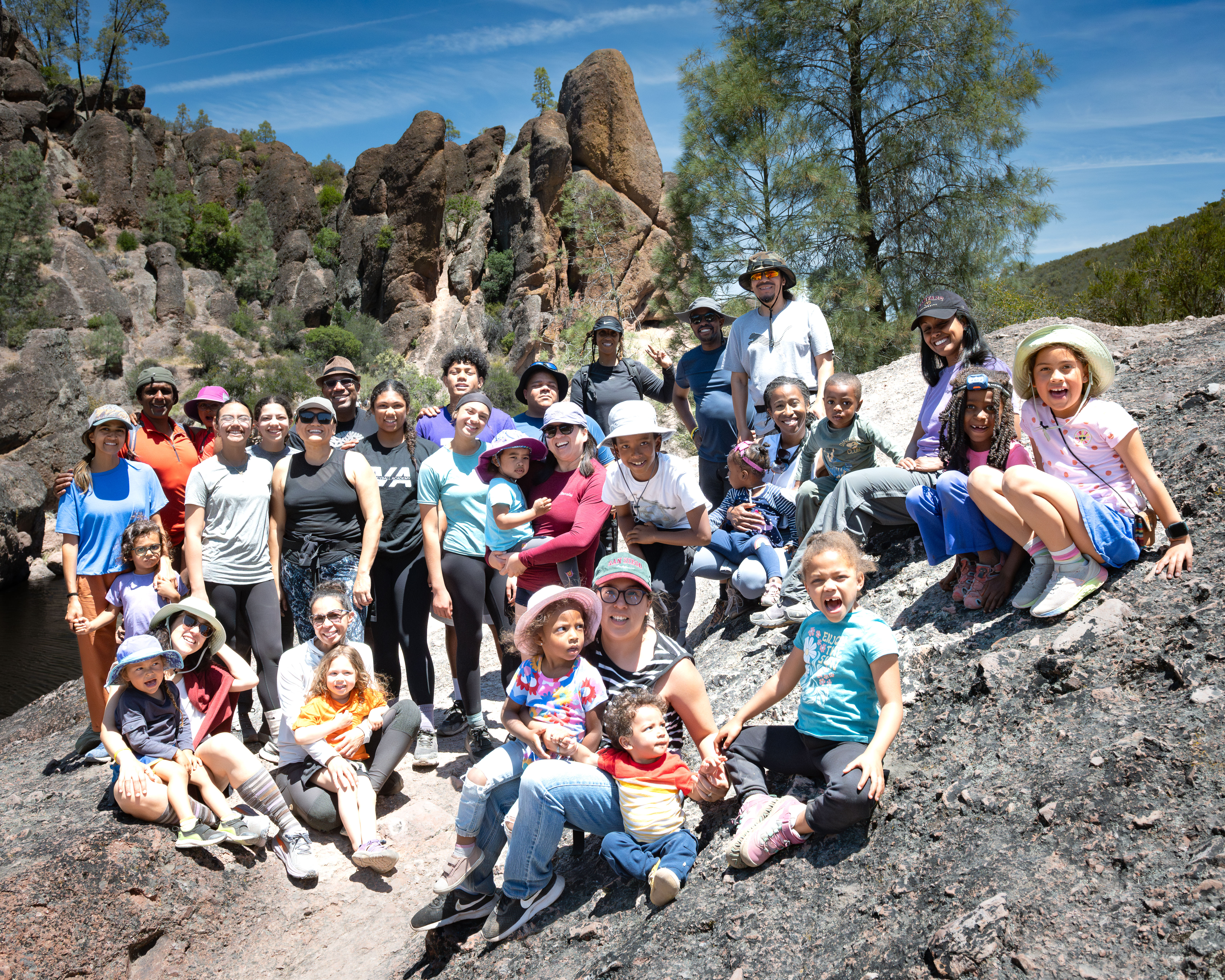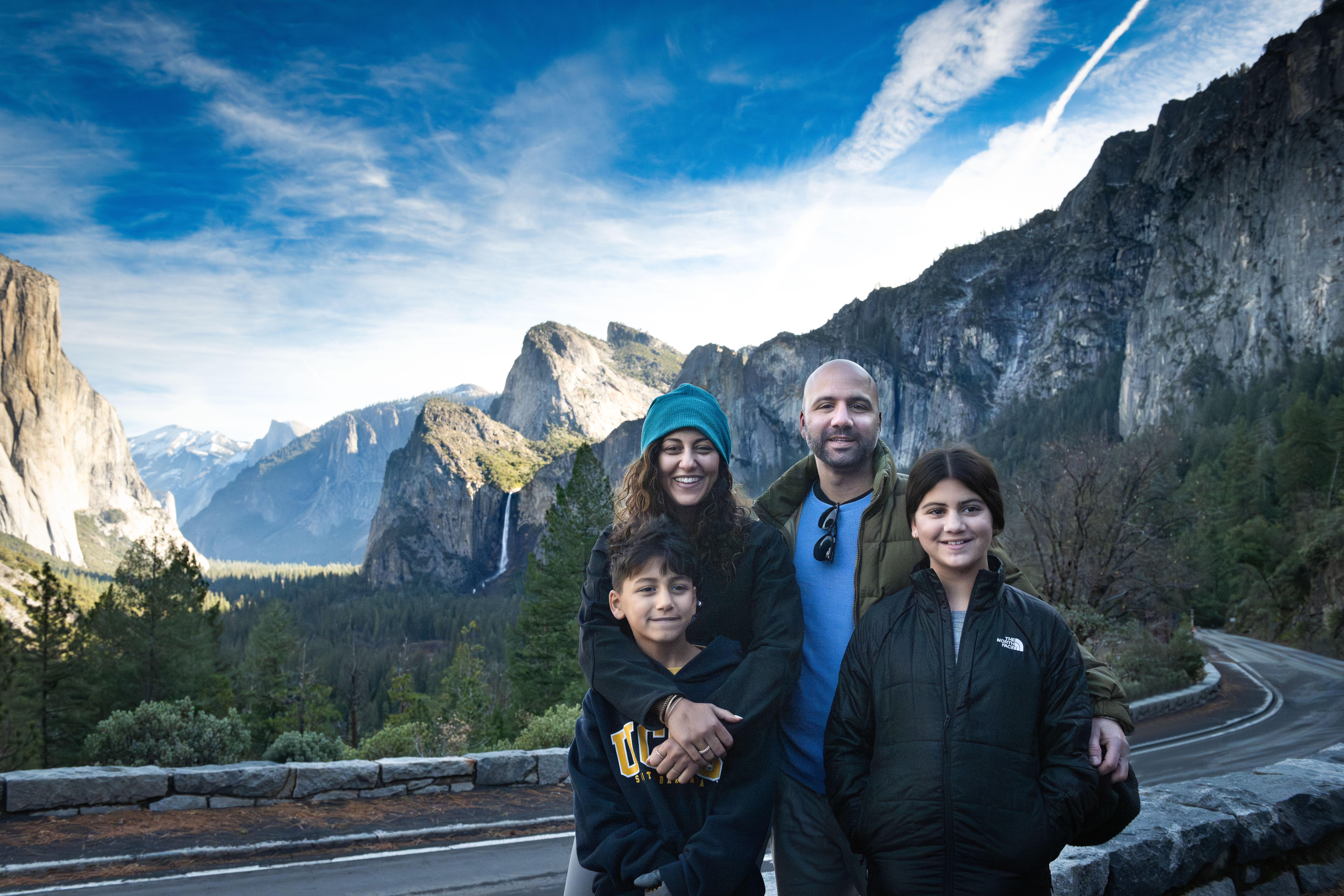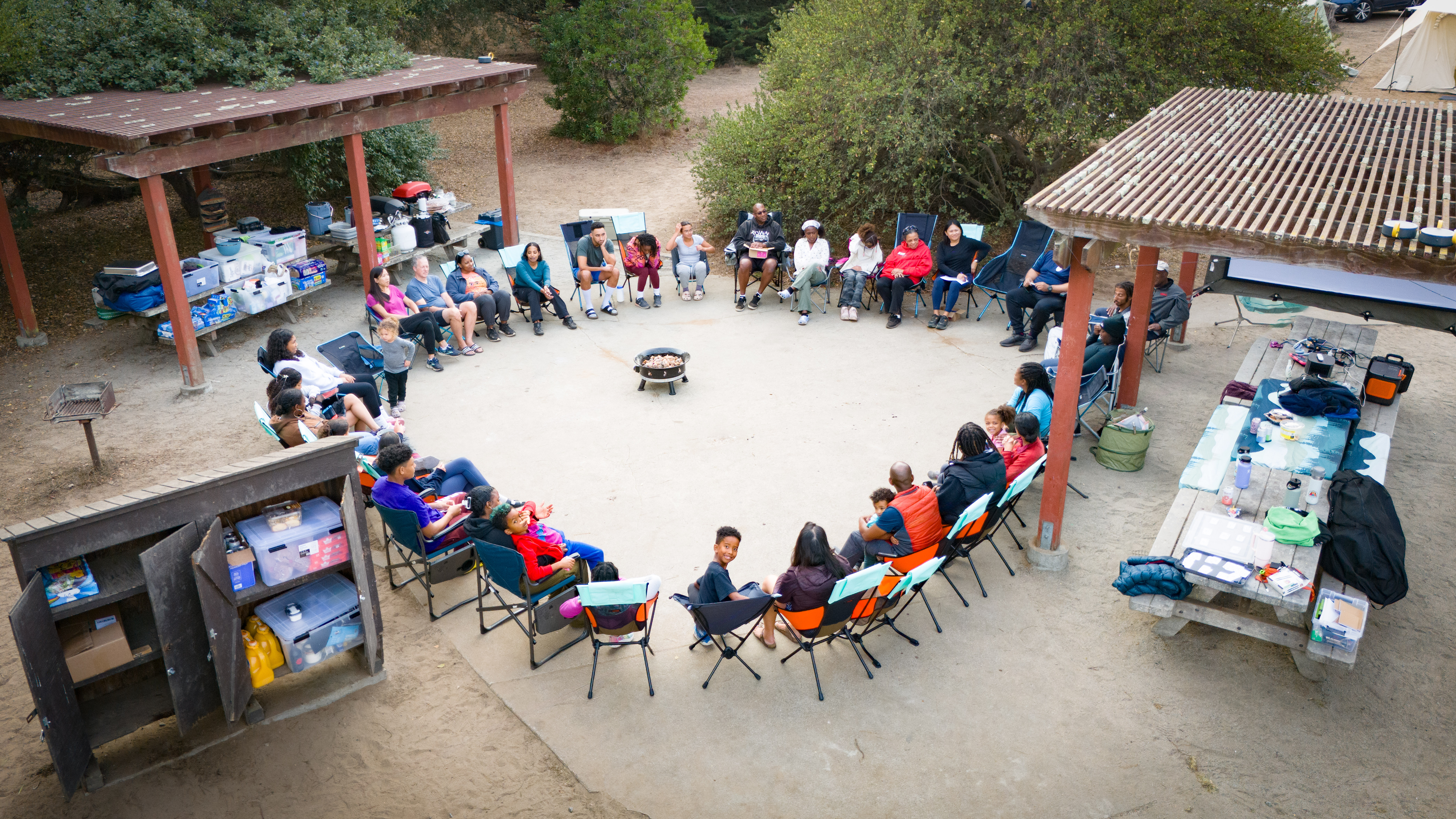
What Are Public Lands?
Public lands are outdoor spaces owned by all Americans, managed by federal and state agencies for recreation, conservation, and enjoyment
Federal Public Lands
- National Parks: Iconic landscapes like Yosemite, Yellowstone, Grand Canyon
- National Forests (USFS): 193 million acres for recreation and conservation
- BLM Lands: 245 million acres managed by Bureau of Land Management
State & Local Lands
- State Parks: Managed by individual states, often closer to urban areas
- County & Regional Parks: Local outdoor spaces with camping facilities
- Recreation Areas: Beaches, lakes, reservoirs with campgrounds
Why This Matters
Public lands belong to every American. They're not exclusive country clubs or private resorts—they're democratic spaces where families from all backgrounds have equal right to camp, explore, and build outdoor traditions.
Why We Focus on Public Lands
Accessible Entry Points
Front-Country Car Camping
Drive right to your campsite. No hiking miles with heavy packs. Perfect for families, first-timers, and building confidence.
Established Campgrounds
Facilities designed for camping: bathrooms, water sources, fire rings, picnic tables, level tent pads.
Infrastructure & Support
Rangers nearby, emergency services accessible, information available, community of other campers.
This is where everyone can start their outdoor journey.
Environmental Responsibility
Designed to Handle Impact
Established campgrounds concentrate use in designated areas with infrastructure to minimize environmental harm.
Protecting Dispersed Areas
We intentionally don't list dispersed sites. Sharing secret spots online leads to overuse in fragile areas without facilities.
Sustainable Recreation
Campground fees support land management, trail maintenance, and conservation efforts. Your visit helps protect these places.
Wild places stay wild when we use designated sites.
Democratic Access
Belong to Everyone
Public lands are owned collectively by all Americans. Not country clubs. Not private resorts. Democratic spaces.
Creating On-Ramps
We're not gatekeeping secret spots. We're building bridges to accessible entry points where families can start their outdoor traditions.
Building Advocates
When families experience public lands, they become advocates for conservation, funding, and protecting these spaces for future generations.
Every family deserves access to public lands.
Built by a nonprofit. Committed to outdoor equity.
Outdoorithm.com is owned by Outdoorithm Collective (501c3). We’ve committed that 100% of any profits from this free platform fund fully-supported camping trips for families historically excluded from outdoor spaces. Every search and every trip booked helps create another first-time camper.
4 in 10 camper households include someone who is Hispanic, Black, Asian, or another non-white ethnicity—yet only ~2% of National Park visitors identify as Black. Equity-focused on-ramps matter.
328+ families have camped with Outdoorithm Collective to date, logging over 25,000 hours outside with full support from guides, gear, and meals.
We keep the platform free and transparent: no subscription traps, no hidden fees, and every profit dollar routed to trips—not shareholders.
What We Don't List (And Why)
Our focus is intentional. Here's what we don't include—and the reasoning behind it.
Dispersed Camping / Boondocking
We intentionally don't catalog dispersed sites. Here's why: sharing exact locations online leads to overcrowding in areas without infrastructure. Dispersed camping skills come through mentorship and experience—not an app. We focus on established campgrounds designed to welcome everyone safely.
Private Campgrounds (KOA, RV Resorts)
We specialize in public lands. Private campgrounds (KOA-style resorts) serve a different purpose and are well represented elsewhere. Our mission is connecting families with America's public lands—the places that belong to all of us.
Backcountry / Backpacking Sites
Front-country car camping is the gateway to outdoor exploration. Backcountry camping comes later, after building skills and confidence at established sites. We help families start where they can succeed—and many progress to backcountry adventures from there.
Public Lands Success Stories

First Time in the Redwoods
For many families in our Collective trips, visiting Muir Woods was their first time experiencing old-growth forests. The accessible trails and National Monument facilities made it possible for everyone to participate—from young kids to grandparents.

Discovering National Parks
Pinnacles National Park's established campground gave families a comfortable base camp to explore. Drive-to sites meant they could bring what they needed. Park rangers provided guidance. The infrastructure supported their success.

Building Confidence at Iconic Parks
Yosemite's established campgrounds provide the perfect foundation for exploring one of America's most iconic national parks. Families build skills and confidence before venturing into more remote areas.

State Parks as Gateways
California State Beach campgrounds offer accessible coastal camping. Close to urban areas, full facilities, and stunning natural beauty—the perfect on-ramp for families new to camping.
Start Your Public Lands Journey
Search thousands of established campgrounds on America's public lands. Front-country car camping is where your outdoor tradition begins.